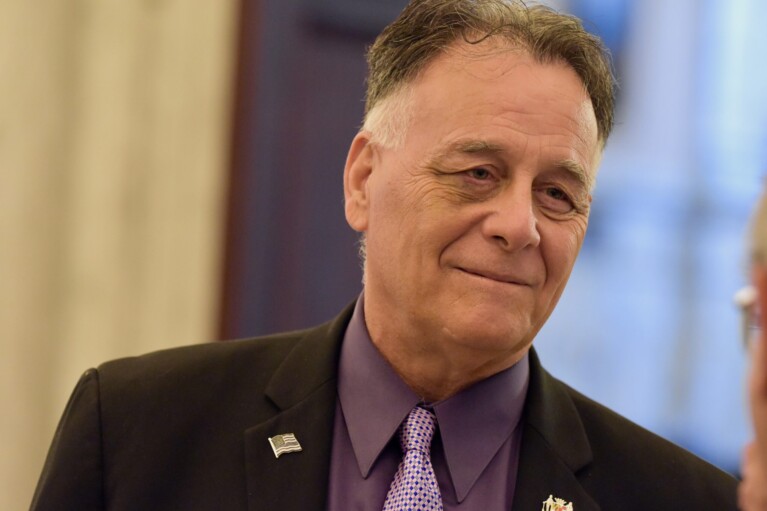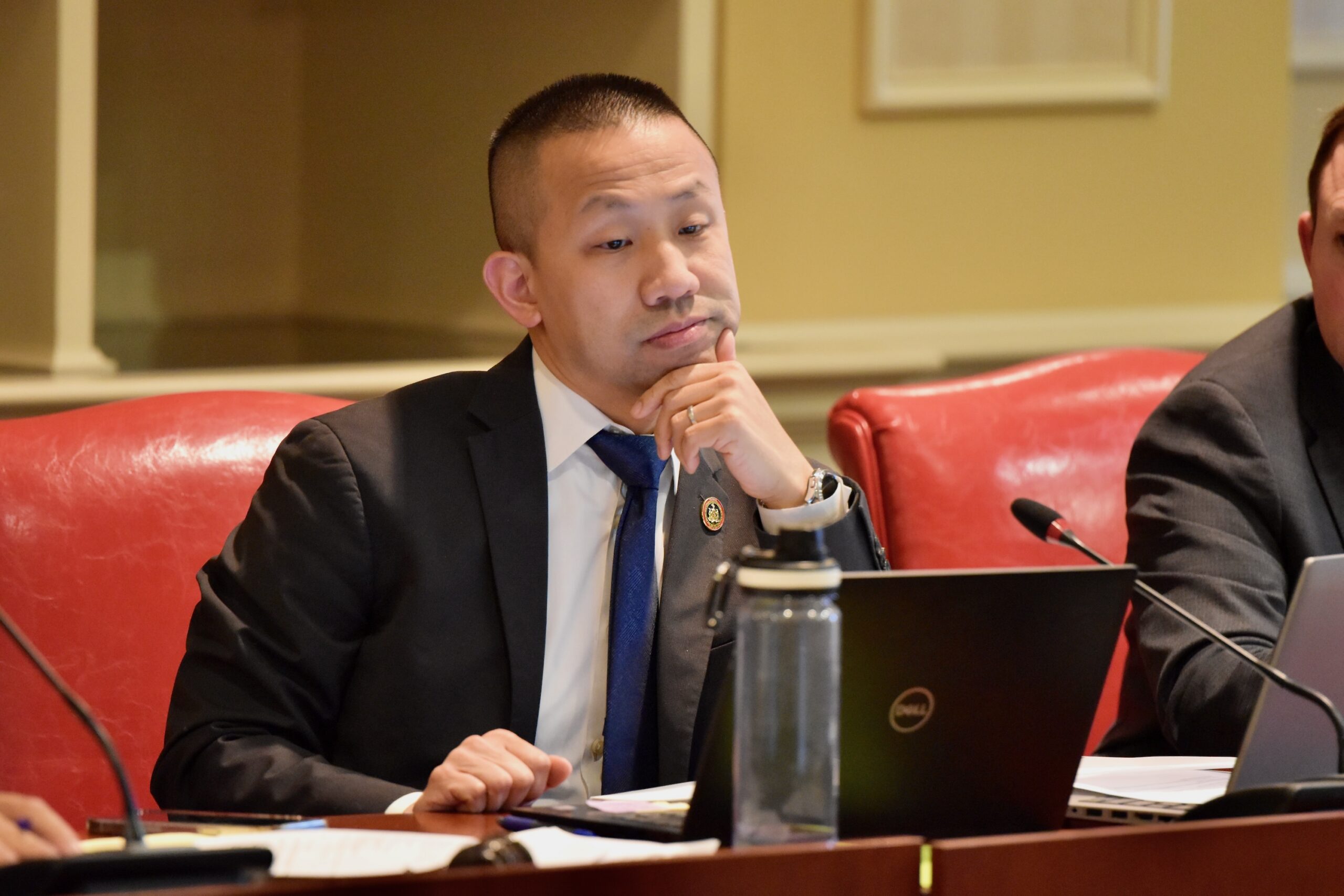Experts at Hopkins Symposium: Health Is Key to Political Participation

Participating in politics is correlated with good health, political advocates and academics say, and public health care providers have a role to play in efforts to include everyone in elections.
“Health is your greatest wealth,” Rashad Staton, executive director of Community Law in Action, said at a virtual symposium on “Social Determinants of Health” organized by Johns Hopkins University’s Urban Health Institute on Wednesday about the connections between civic engagement and public health.
“Without being healthy in mind or physicality, there’s not much you can do — that’s the only way you can give your energy, your time and your passion,” he said.
Civic engagement is not only beneficial for the community but to be a part of a group is also emotionally and physically healthy on an individual level, said Lisa Cooper, a physician who is director of the institute and a professor of medicine at Johns Hopkins University.
About 450 people registered for the symposium, but organizers said they are still tallying how many attended.
Access to health care means more stability, which gives people more opportunity to participate in civic engagement, said Joan Little, chief attorney of Maryland Legal Aid, who works with young people in foster care. “One of the ways to bring [foster children] up and to make them a member of our community group is to make sure that their basic needs are being addressed,” she said.
Sam Novey, co-founder of the Baltimore Votes Coalition, a group of community organizations dedicated to increasing voter participation and civic engagement, said that it is important also for health care providers, like every other institution in society, to “pull their weight” in expanding voting registration opportunities for their employees. “Everyone has a role to play in building the culture we have around elections,” he said.
Participating in elections and meaningful voting experiences can also play a role in someone’s journey to a healthy lifestyle, which is an area where more research is needed, Novey said. “If we’re going to make elections a part of creating more healthy societies, we need to understand not just whether people participated but how it felt and what it meant,” he said.
The relationship between democracy and health is not a new observation, as free and fair elections that allow for strong civic engagement force governments to respond to citizens’ needs, including health. One study shows that democracy has an independent positive relationship with health, regardless of a country’s wealth, level of inequality and size of its public sector.
Kareem Crayton, a political consultant, said that key ingredients to a healthy democracy are engaged citizens, a level of accountability for elected officials and a “sense of ownership in democracy” through voting and making sure elections work well, for example by volunteering at polls.
People from communities that, historically, have been marginalized from the electoral process will feel more comfortable coming into civic spaces if they see members of their community helping manage the process, such as at the polls, Crayton said.
But many people are “absolutely apathetic about government in general” because they do not see their needs being addressed, said Sen. Cory McCray (D-Baltimore City). “If you’re sitting on the sideline, you have other people [who are] making decisions for you,” McCray said.
McCray said he was once apathetic to politics while growing up in Baltimore, until he reached his late 20s and recognized that politics is strongly intertwined with daily life.
To get rid of political apathy, elected officials need to respond to constituents within 24 hours and make sure they are getting such fundamental needs as proper roads and supplemental nutrition assistance program (SNAP) benefits. And elected officials need to educate people on the political process, McCray said. “That’s what’s going to get people to participate back in this process,” McCray said.
Isolation is one of the worst elements for democratic engagement, Crayton said. So joining community organizations or social groups that allow people to interact with others with similar interests is an important first step to improve political participation.
McCray encouraged Marylanders to get to know their state representatives because they are the ones “on the ground doing the work, servicing the calls.”
“That way you can hold them accountable at the ballot,” McCray said.




 Creative Commons Attribution
Creative Commons Attribution